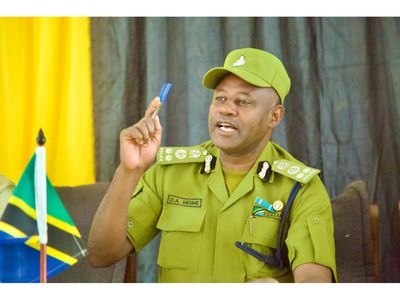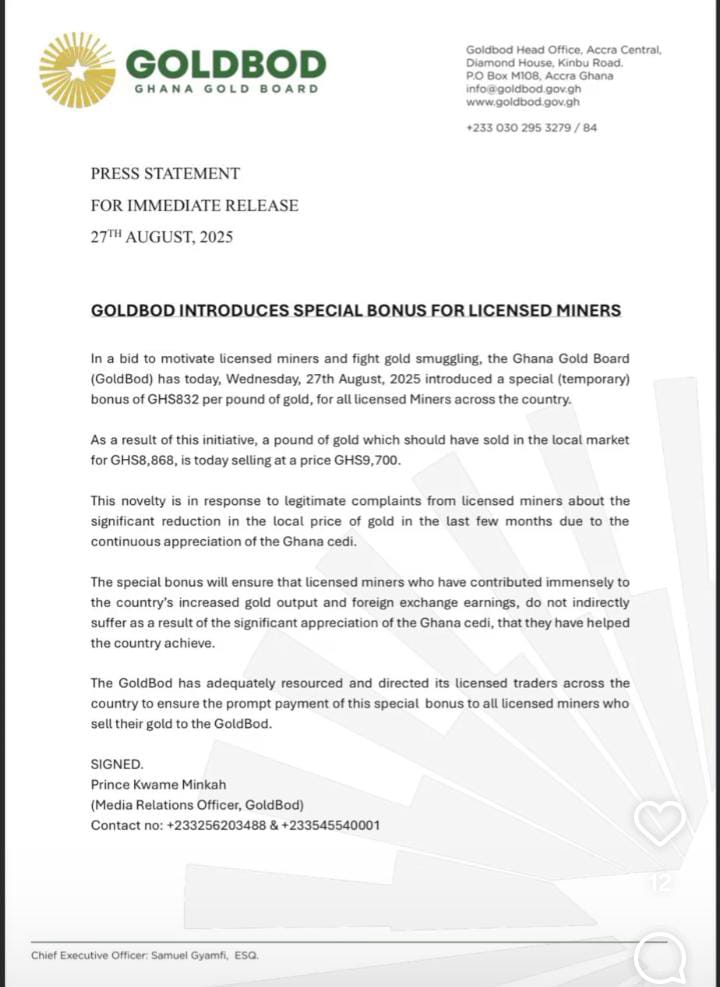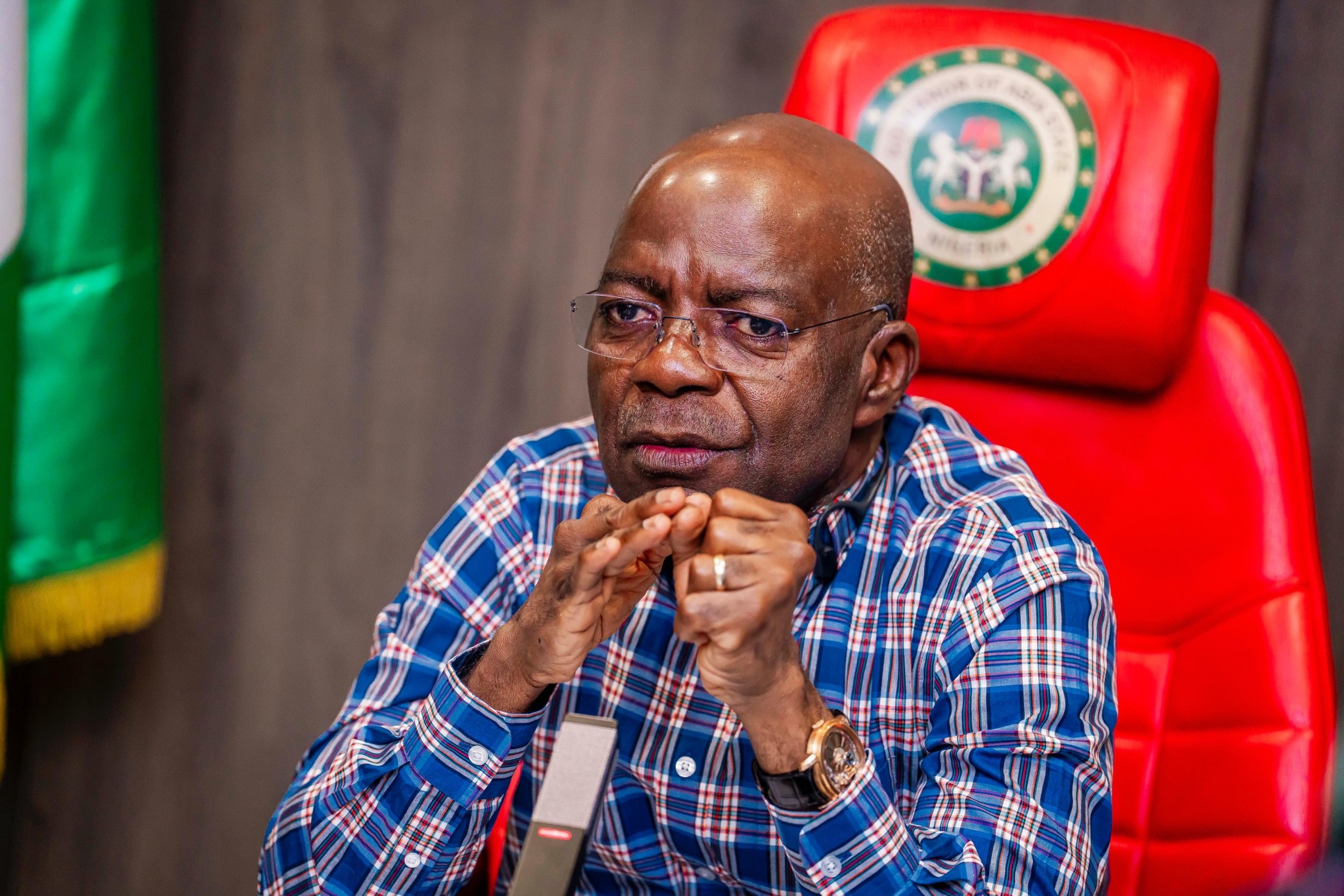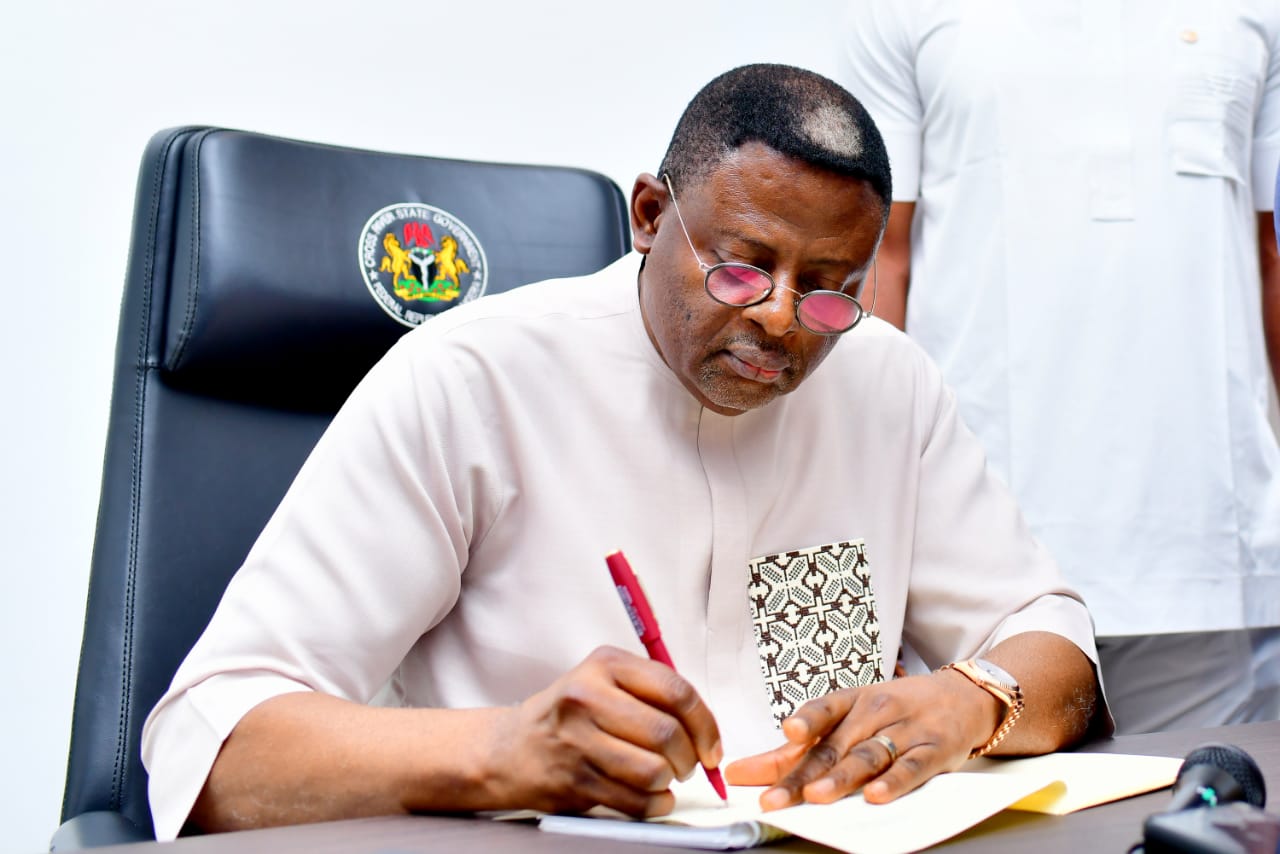By Paul Mamattah
The Tabora Mantse, Nii Klortia Ayikwei Tutu Alanmle I, has charged traditional leaders within the GaDangme State to ensure that the unity demonstrated during this year’s Homowo celebrations goes beyond rhetoric and becomes a driving force for development, particularly in empowering the youth.
While commending the peaceful and harmonious nature of the festivities, he challenged his fellow chiefs and opinion leaders to translate the oft-repeated calls for unity into practical initiatives that address unemployment, skills development, and the moral upbringing of the youth.
Speaking on the sidelines of the Tabora Homowo celebration over the weekend, Nii Klortia Ayikwei Tutu Alanmle I, he acknowledged the peace and harmony that characterised this year’s festivities, which were anchored on the theme of unity and oneness.
Over the weekend, the vibrant streets of Tabora came alive for its inaugural Homowo celebration, a historic celebration of harvest and victory over hunger.
The air was rich with the scent of traditional dishes and the sound of communal joy, as Tabora Mantse Nii Klortia Ayikwei Tutu Alanmle I, led a procession to sprinkle the ceremonial “Kpoikpoi”.
The momentous occasion drew a gathering of dignitaries, including chiefs and queen mothers from across the Anya-Sowutuom Constituency and the Asere Kotopon Division.
Addressing the gathering, Nii Klortia Ayikwei Tutu Alanmle I, questioned whether the much-acclaimed unity was being translated into concrete efforts to improve lives.
“Are we united as traditional leaders to help unearth hidden talents within the youth, equipping the teeming youth with skills and training?” he asked, pausing for emphasis before challenging traditional leaders to reflect on whether unity was a mere slogan or an actionable word.
The Tabora Mantse disclosed that he had already taken steps to move beyond words by forging partnerships with other traditional leaders, including Nii Osabu Akwei Tibu II, of Sowutuom Nsufa, and Nii Ayi Mensah Okropon I, of Nii Boiman.
Nii Klortia Ayikwei Tutu Alanmle I, said the collaboration was focused on practical initiatives to equip young people in their communities with employable skills and entrepreneurial opportunities.
He also used the occasion to admonish the youth to embrace discipline, humility, and respect for the elderly, urging them to jealously guard their reputations and shun social vices that could derail their future.
His remarks add to the growing debate on the role of traditional authority in modern governance and development, and whether the unity often celebrated during festivals such as Homowo can be transformed into tangible outcomes for the people.
On his part, the Dzaasetse of Asere Kotopon Stool, Nii Amarkai III, added his voice to the growing call for traditional leaders to focus on youth development and reform certain practices that undermine traditional authority.
He advised traditional leaders to prioritize education as a key area of focus, recognizing its critical role in empowering the youth and driving progress in their communities.
At the same time, Nii Amarkai III, issued a strong warning against several practices that have become increasingly prevalent in some traditional areas, including infighting, the unauthorized installation of “zongo chiefs”, and the use of landguards by some chiefs.
According to him, these practices erode the legitimacy and credibility of traditional leaders and must be addressed urgently to preserve the integrity of traditional authority.
Nii Amarkai III, urged traditional leaders to work together to drive development and empower the youth in their communities.
The post Tabora Mantse challenges Ga traditional leaders to translate unity into action appeared first on The Herald ghana.





